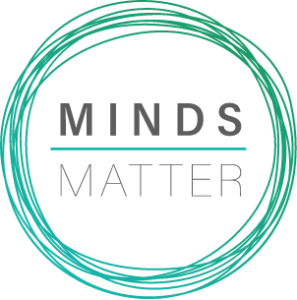Education is not the filling of a pail, but the lighting of a fire.
William Butler Yeats
I love this idea- learning isn’t a passive ‘fill’ from a teacher, but an active pursuit of something exciting and maybe just a little (or a lot) frightening. What if what you learn means big changes in your comfortable life? What if the fire you light gets hard to control?
The risk inherent in ‘lighting a fire’ is the reason so many adults gradually stop learning and growing. In residency, we were taught that only about 15 percent of elderly adults continue actively exploring and changing until their deaths. I remember thinking that couldn’t be true, but after 30 years in psychiatric practice I have reluctantly changed my mind.
Why is this? If I look at my own periods of stagnation, I realize they happen because I allow my fears about the fire to take over, or more specifically my fears about what it will destroy and what will grow up out of the ashes. I remind myself that what I fear more than change is leading a life of ‘quiet desperation’, as Thoreau famously said.
It boils down to choice, really. I think it’s safe to say no one can always make the choice to continue to grow, or at least I hope so, because I surely can’t! Sometimes my periods of stagnation and self pity are minutes long, and sometimes they drag on for months (COVID, anyone?)
When that happens, I try to remember that even those big, out of control wildfires in my own life and in the larger society have their place in shaping how we grow, and that I still have a choice in the way I heal from the inevitable burns.
What also helps? Building a literal fire! Drawing comfort from a hearth or campfire is deeply embedded in our DNA. The warmth, mesmerizing sound and flickering light remind us that we come from a hundred-of-thousands year old line of ancestors who overcame their fears and lit fires, literally and figuratively!

Minds Matter does not provide crisis or emergency services. If you or someone you know is currently suicidal, violent, severely confused, paranoid, or hallucinating, IMMEDIATELY CALL 911.
After the immediate crisis, click here for a list of resources for assistance with suicidality, substance abuse, or severe mental health symptoms such as paranoia, delusions (losing touch with reality), or hallucinations (seeing or hearing things that aren’t there.)